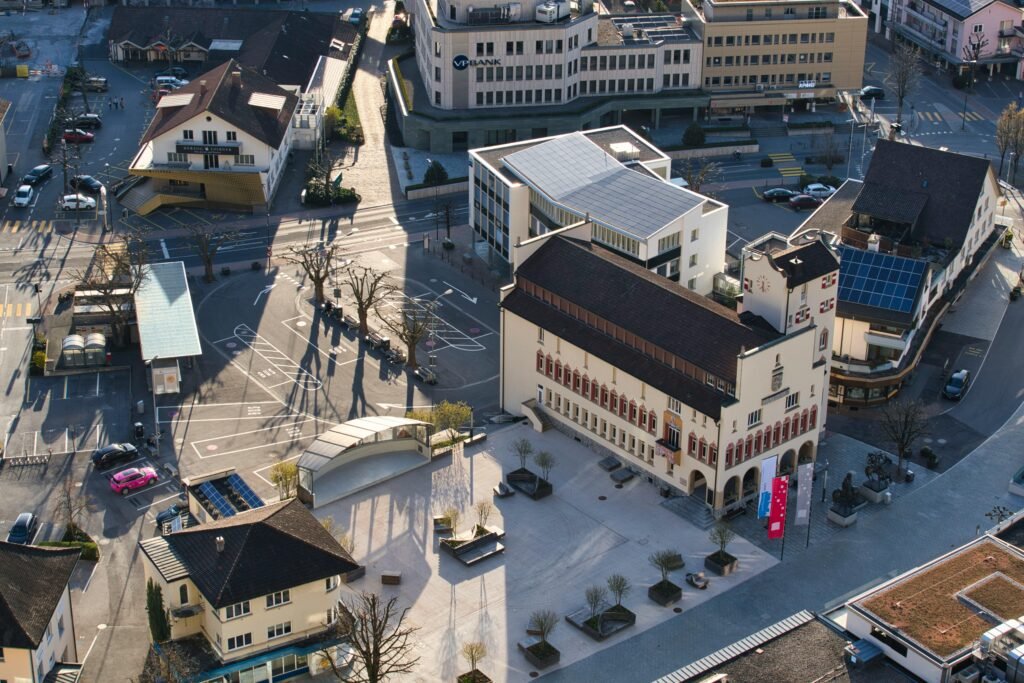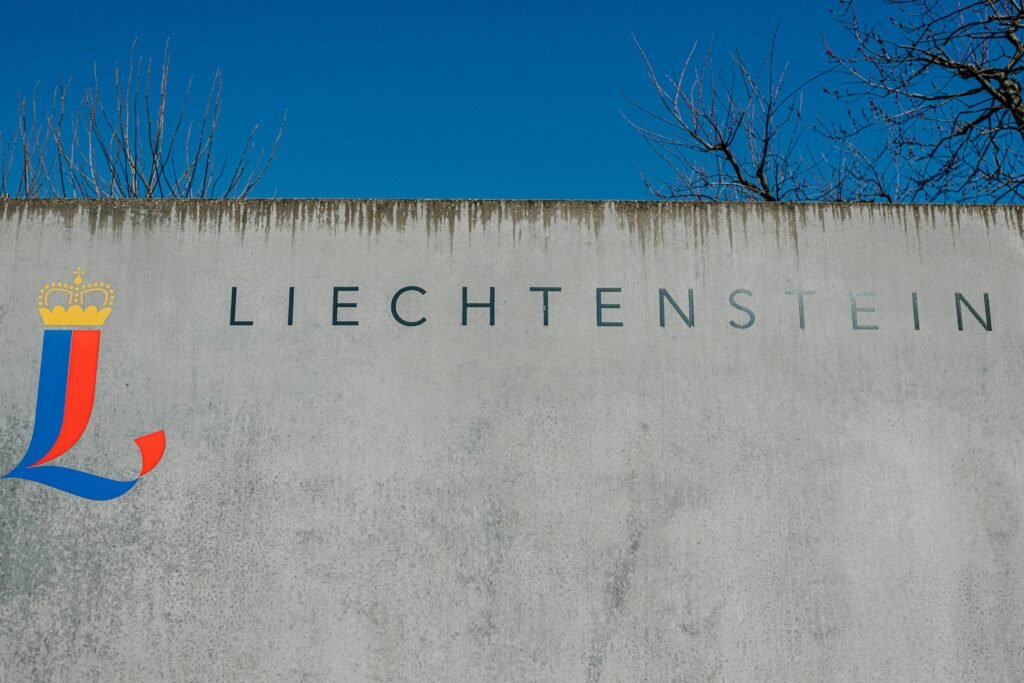Nestled between Switzerland and Austria, the Principality of Liechtenstein is one of the smallest countries in Europe — and the world. Yet despite its size, Liechtenstein has built an exceptionally resilient and prosperous economy that combines industrial innovation, a thriving financial sector, and favorable tax conditions.
In this article, we explore what makes Liechtenstein’s economy unique, how its tax system attracts international businesses, and why the country has become a compelling jurisdiction for entrepreneurs and investors.
A Snapshot of Liechtenstein
Geography and Population:
- Area: ~160 square kilometers
- Population: ~40,000 people
- Capital: Vaduz
- Currency: Swiss Franc (CHF)
Liechtenstein is a constitutional monarchy closely integrated with Switzerland through a customs and monetary union. This partnership means Liechtenstein uses the Swiss franc and enjoys access to both Swiss and European markets.

Economic Foundations of Liechtenstein
Despite its small territory and lack of natural resources, Liechtenstein boasts one of the highest GDP per capita figures in the world. In 2024, its per capita GDP was estimated above USD 160,000, driven by a combination of:
✅ A highly industrialized manufacturing sector
✅ A robust financial services industry
✅ Low unemployment (near 2%)
✅ Strong exports, especially precision instruments and machinery
Industrial Base
One of Liechtenstein’s biggest surprises is that manufacturing accounts for around 40% of GDP. While many associate the principality with banks and trusts, it is home to companies producing:
- Dental products (Ivoclar Vivadent)
- Precision tools and machinery (Hilti)
- Electronics and mechanical components
These industries export primarily to the EU and Switzerland.
The Financial Sector
Liechtenstein has earned a global reputation as a financial center offering stability and discretion. The country hosts hundreds of banks, trust companies, insurance firms, and fund managers.
Key features of the financial sector include:
- Private banking and wealth management
- Asset protection structures (trusts and foundations)
- Investment funds
Thanks to EEA membership, Liechtenstein-based financial institutions can offer services across the European Economic Area.

The Tax System: What Makes Liechtenstein Attractive?
Liechtenstein’s tax framework is one of its most distinctive advantages, combining competitive rates with legal certainty.
Corporate Taxation
- Flat corporate income tax: 12.5%
- No capital tax on retained earnings
- Generous deductions for research and development
- Exemption on dividends and capital gains from qualifying participations
This low-rate environment allows holding companies and headquarters to operate efficiently.
Personal Income Tax in Liechtenstein
Liechtenstein residents pay progressive income tax rates up to about 22%, which is relatively moderate compared to neighboring countries. In addition, wealth and inheritance taxes were abolished, further increasing the jurisdiction’s appeal.

Liechtenstein VAT
Liechtenstein applies VAT through its customs union with Switzerland:
- Standard VAT rate: 8.1% (among the lowest in Europe)
Foundations and Trusts
One of Liechtenstein’s most notable features is the Liechtenstein foundation (Stiftung). This legal structure is frequently used for:
- Estate planning
- Asset protection
- Philanthropy
Foundations enjoy privacy protections and a flexible governance model, making them popular among international families.
Liechtenstein Integration with Switzerland and the EU
Liechtenstein is a member of the European Economic Area (EEA) but not the EU. This unique status gives it:
- Access to the EU single market for goods and services
- Swiss-style regulatory alignment
- Retention of sovereignty over tax policy
The principality balances openness to European markets with its independent tax system.

Criticisms and Transparency Developments
While Liechtenstein has long been viewed as a tax haven, the country has implemented substantial reforms:
- Adoption of OECD and EU standards on tax transparency
- Implementation of the Common Reporting Standard (CRS)
- Stricter anti-money laundering rules
Today, Liechtenstein is committed to international cooperation and compliance, while still maintaining tax efficiency and business-friendly regulations.
Why Is Liechtenstein’s Economy So Resilient?
Several factors underpin the principality’s remarkable prosperity:
✅ Diversified economy beyond banking
✅ Proximity to affluent European markets
✅ Stability through the Swiss franc
✅ A skilled workforce with cross-border commuters
✅ A strong legal and institutional framework
During economic crises, Liechtenstein has shown resilience thanks to prudent fiscal management and conservative banking practices.
Business Opportunities and Considerations
For entrepreneurs and investors, Liechtenstein offers:
- An efficient company formation process
- Low effective tax rates
- A stable legal environment
- Access to EU and Swiss markets
However, maintaining substance (real business activities) is increasingly important to meet modern transparency standards.
Conclusion
Liechtenstein is a fascinating example of how a microstate can achieve economic success far beyond its geographic size. With a competitive tax system, strong industrial base, and reputation for stability, it remains an attractive location for businesses and private wealth structures.
As regulations evolve, companies considering Liechtenstein should work with experienced advisors to navigate compliance requirements and ensure substance in their operations.
Need a professional website to grow your business across the EU?
👉 Rakuzan.eu provides digital business solutions tailored for entrepreneurs — website development, optimization, and more.
And if you’re launching online, make sure your hosting is fast and reliable.
👉 Use Hostinger to get started quickly and affordably.
Disclaimer: This article is for informational purposes only and does not constitute financial, tax, or investment advice. Readers should consult with a licensed professional before making any financial or business decisions.





